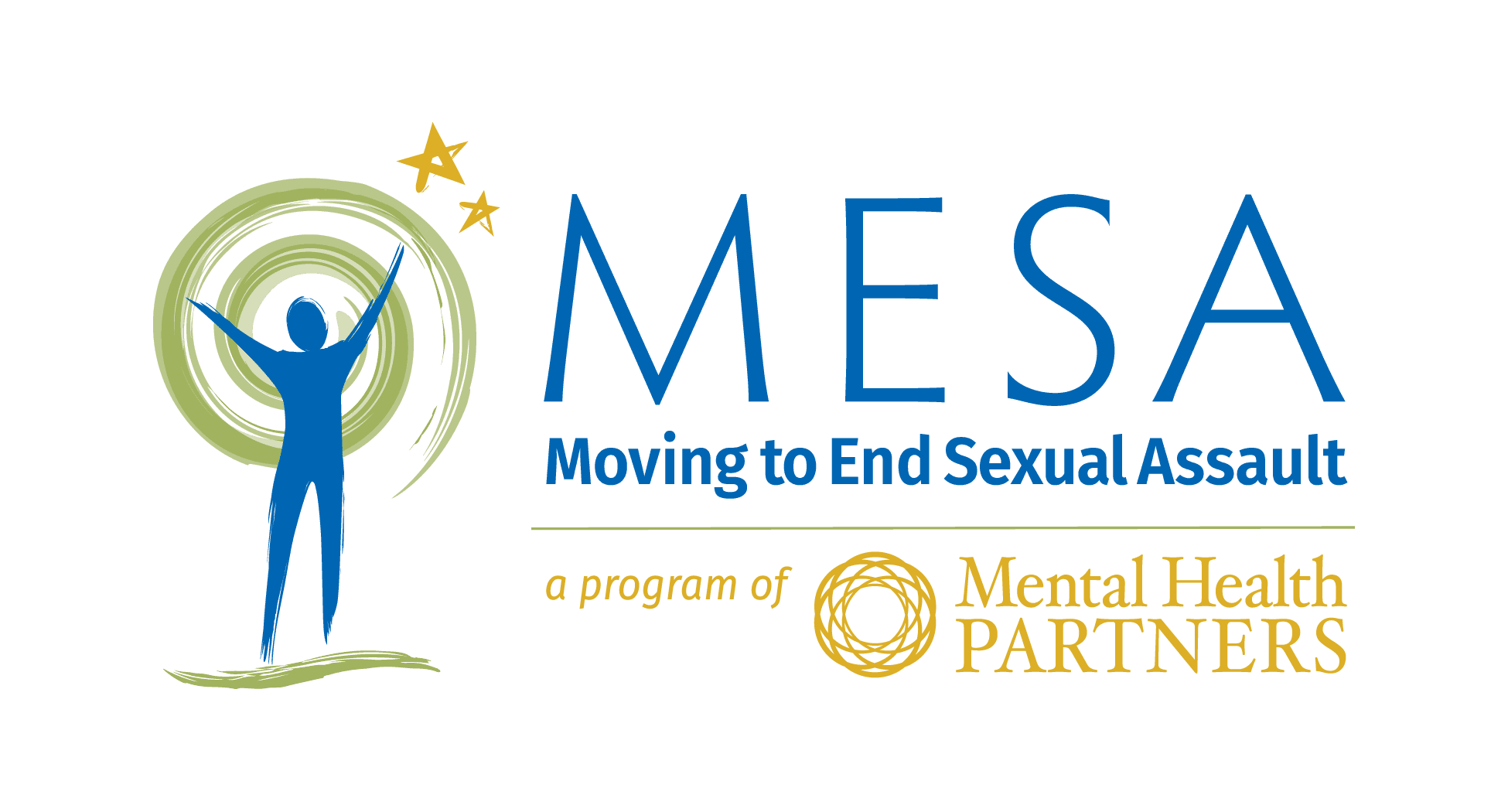For those of us who care about this issue—who care about ending sexual assault and the suffering it causes—it can be painful, tiring and discouraging to keep up with the news. We see story after story of mishandled case and mistreated survivor. There is an unprecedented amount of media attention on sexual violence: the White House Task Force on Campus Sexual Assault, a Rape Culture feature in Time Magazine, and the many individual cases in high schools, universities, and sports teams. Individual survivors are increasingly choosing to share their stories online through hashtags like #yesallwomen and campaigns like Project Unbreakable. Each time I share another survivor’s story on social media, I am simultaneously inspired by the courage of each survivor and devastated that there’s yet another person being called upon as a martyr for the cause. While it’s true that each survivor has their own path to healing, and for some, it’s meaningful and powerful to transform their experience into a beacon for other survivors who had thought they were alone; it’s also true that every survivor whose story has been made public becomes the target of victim-blaming, ridicule, and general hatred. This pattern is exemplified recently and blatantly with a hashtag mocking Jada after video footage of her rape circulated the internet. How many survivors will have to expose themselves or be exposed to harsh words from rape apologists? How many more survivors will be targeted by folks clinging to their belief in a just world in which people only get what’s coming to them, instead of the reality that no one ever deserves sexual assault and yet there are some people who still commit sexual assault? When will the nonsurvivors be ready to hear what survivors have to say?
Our culture certainly isn’t changing as drastically or as quickly toward a survivor-supportive culture and one in which sexual violence is rare (nonexistent!), universally unnacceptable, and taken seriously as I’d like; but I do see change. As MESA’s Prevention Education Coordinator, I’m lucky enough to be able to devote my work days (and sometimes nights) to a variety of sexual violence prevention efforts. One of these projects is providing a 6-8 session curriculum on both healthy relationships and sexual consent to high school students in Boulder Valley School District. When I first accepted this position, I feared that this work to be difficult—and my friends and acquaintances reinforced this fear. I expected to have to do a lot of self care after attempts to discuss the importance of consent and to name the aspects of our culture that condone sexual violence fell on unreceptive minds. To my surprise (and joy), I have consistently found that high school students in Boulder are more than receptive to talking about sexual violence and preventing it through individual actions (always being sure initiators have consent) and cultural change (challenging rape culture). The students in the classrooms I get to visit are ready to break the silence on sexual assault. Even if there are still ignorant and cruel commenters on blog posts, young people are listening.

Leave A Comment
You must be logged in to post a comment.